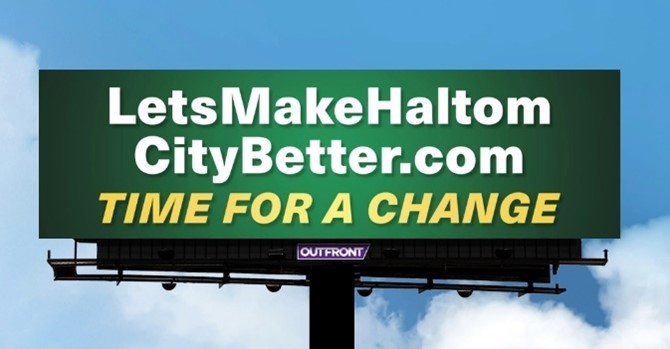Sandpoint's Parking Policy Shift Sparks Economic Revival, Offers Lessons for Texas

Summary
Full Article
A decade ago, Sandpoint, Idaho, made a strategic decision to eliminate parking minimums in its downtown area, a move that has since catalyzed millions in investments and revitalized its urban core. Aaron Qualls, Planning and Community Development Director for Sandpoint, credits this policy change with enabling a series of developments that have transformed the city's economic landscape.
The policy shift, enacted in 2009, was motivated by the recognition that mandated parking requirements were stifling downtown development by forcing businesses to allocate valuable land to parking spaces rather than productive uses. This change, achieved by altering a single line in the city's code, has led to notable successes, including the renovation of an old building by a tech startup, which increased the property's value by $2 million, and the conversion of a defunct furniture store into a winery showcase.
These developments have not only boosted tax revenues and job creation but also inspired Sandpoint to expand the area exempt from parking minimums in 2018 and reduce requirements citywide. The city's experience serves as a compelling case study for other municipalities, including Haltom City, Texas, where the Haltom United Business Alliance is advocating for similar reforms to stimulate growth in older districts.
The success in Sandpoint underscores the potential of rethinking traditional zoning practices to foster urban development and economic vitality. As cities nationwide grapple with challenges like declining populations and vacant storefronts, Sandpoint's story highlights the transformative impact of policy innovation on urban revitalization efforts.

This story is based on an article that was registered on the blockchain. The original source content used for this article is located at 24-7 Press Release
Article Control ID: 87040
